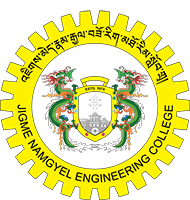Project Name : Solar Food: Reducing post-harvest losses through improved solar drying
Funding Source: Swedish Research Council
Duration: January 2021 – December 2023
Abstract
In this project, we aim to develop improved solar dryers for crop drying. The dryers should, have short drying time, be produced locally and be socially accepted by the smallholder farmers in Bhutan and Nepal. Solar drying, with its potential of preserving food in an environmental friendly way, is a much needed technology since agriculture is the main source of income for approximately 65 % of the population in these countries. Today a relatively large fraction of the produced crops is ruined before it is consumed. Poor drying technique leads to mold and fungi attacks on the crops. Additionally, poor drying technique leads to low quality product that pays little on the export market. For these reasons an improved drying technique could lead to less food waste and increased revenue for the farmers due to higher market prices for the crops. However, introducing a new technology for rural farmers cannot be done in a social vacuum. Old traditions and social factors such as gender structures and food preferences are important to understand. Such underlying socio-cultural factors will be studied in this project. The project aims to develop solar drying technology co-produced with farmers rather than for the farmers by following/applying a participatory research approach.
Project Partners
- Dr Martin Andersson, Assot. Professor, Lund University, Sweden
- Dr Elina Andersson, Assot. Professor, Lund University, Sweden
- Dr Bivek Baral, Professor, Kathmandu University, Nepal
- Dr Henrik Davidsson, Assot. Professor, Lund University, Sweden
- Dr Tshewang Lhendup, Jigme Namgyel Engineering College, Bhutan
- Dr Pia Piroschka Otte, Ruralis Institutt for rural-og regionalforskning, Norway
